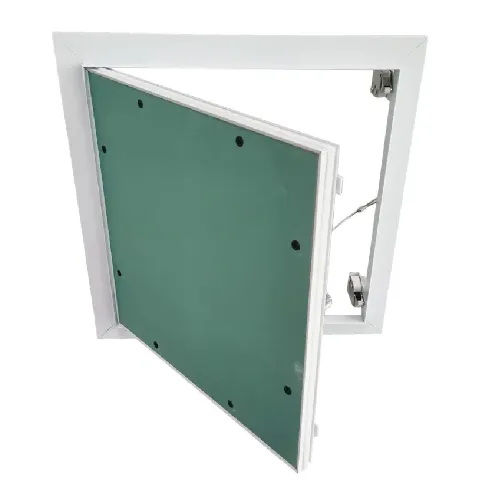Nov . 14, 2024 23:55 Back to list
mineral wool ceiling
The Benefits of Mineral Wool Ceiling Tiles in Modern Architecture
In the realm of contemporary architecture and interior design, the choice of ceiling materials has a significant impact on both aesthetic appeal and functionality. Among the materials gaining traction, mineral wool ceiling tiles stand out due to their versatile applications and numerous benefits. This article delves into the characteristics, advantages, and applications of mineral wool ceiling tiles, highlighting why they are an excellent choice for modern buildings.
Understanding Mineral Wool
Mineral wool, also known as rock wool or stone wool, is a sustainable insulation material created by melting natural minerals like basalt and recycling industrial waste products. The resultant fibers are bonded together to form batts or tiles. Mineral wool is celebrated for its durability, fire resistance, sound absorption properties, and thermal insulation capabilities, making it a popular choice for ceilings in various types of facilities, from commercial spaces to residential homes.
Advantages of Mineral Wool Ceiling Tiles
1. Fire Resistance One of the most significant benefits of mineral wool ceiling tiles is their outstanding fire-resistant properties. Mineral wool can withstand high temperatures without melting or emitting toxic fumes, making it a safe option for buildings. This quality is especially crucial in public spaces where the safety of occupants is paramount.
2. Acoustic Performance Noise pollution is a common concern in urban settings, and mineral wool ceiling tiles are designed to combat this issue. Their dense structure significantly dampens sound transmission and absorption, creating quieter indoor environments. This makes them ideal for offices, schools, and healthcare facilities where concentration and privacy are essential.
3. Thermal Insulation Mineral wool also provides excellent thermal insulation. By reducing heat loss in winter and keeping spaces cool during summer, these ceiling tiles contribute to energy efficiency. This not only leads to cost savings on energy bills but also enhances the overall comfort of indoor spaces.
mineral wool ceiling

4. Moisture Resistance Certain mineral wool products are engineered to resist moisture, preventing mold growth and ensuring a healthier indoor air quality. This property is particularly beneficial in regions with high humidity or in spaces such as kitchens and bathrooms where moisture levels can fluctuate significantly.
5. Sustainability With an increasing emphasis on sustainable building practices, mineral wool is an environmentally friendly option. It is made from natural and recycled materials, and its long lifespan reduces the need for frequent replacements. Moreover, at the end of its life cycle, mineral wool can be reused or recycled, further minimizing its environmental impact.
Applications of Mineral Wool Ceiling Tiles
The versatility of mineral wool ceiling tiles allows them to be used across various architectural styles and building types. In commercial settings such as offices and retail spaces, they help create a sophisticated and professional environment while managing noise levels. In educational institutions, they provide conducive learning atmospheres by mitigating distractions from external noises.
In residential designs, mineral wool ceiling tiles can enhance aesthetic appeal while providing functional benefits. They can be painted or covered with decorative finishes, making them suitable for modern, minimalist, or traditional interior themes. Additionally, their lightweight nature simplifies installation, making them a favored choice among contractors and architects.
Conclusion
Mineral wool ceiling tiles embody an optimal blend of functionality, safety, and aesthetic flexibility. Their fire resistance, acoustic performance, thermal insulation, moisture control, and sustainability make them a practical and forward-thinking choice for various applications. As architects and designers continue to prioritize sustainable practices and occupant comfort, mineral wool ceiling tiles will likely maintain their status as a preferred material in the design and construction of modern interiors. By selecting mineral wool, builders and homeowners alike not only invest in their immediate environment but also contribute positively to the planet's future.
-
Durable Ceiling T Grid Systems | Easy InstallationNewsAug.29,2025
-
PVC Gypsum Ceiling: Durable, Laminated Tiles for Modern SpacesNewsAug.28,2025
-
Pvc Gypsum Ceiling Is DurableNewsAug.21,2025
-
Mineral Fiber Board Is DurableNewsAug.21,2025
-
Ceiling Tile Clip Reusable DesignNewsAug.21,2025
-
Ceiling T Grid Modular DesignNewsAug.21,2025







